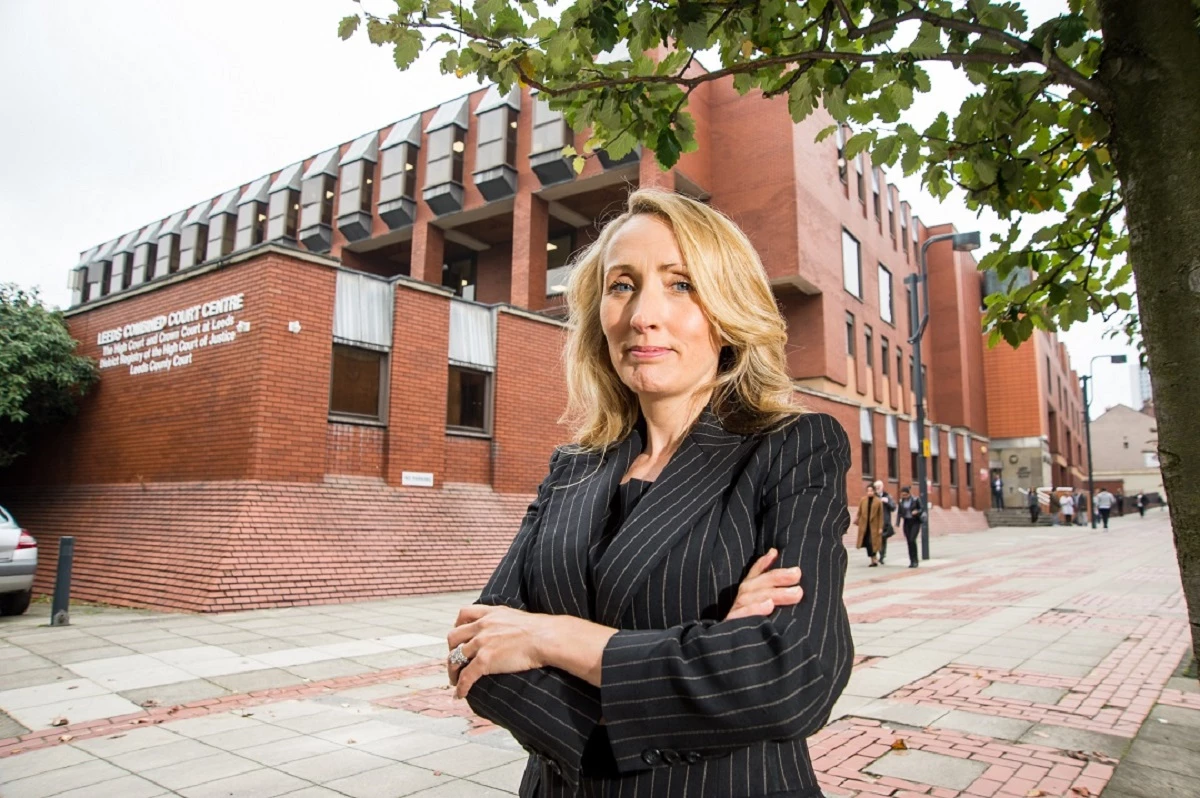
Partner Article
R3 responds to September insolvency statistics
-
Corporate insolvencies increased to 926 in September 2020 compared to August’s figure of 784, but remained well below September 2019’s figure of 1,513.
-
Personal insolvencies increased to 7,450 in September 2020 compared to August’s figure of 6,372, but remained well below September 2019’s figure of 12,256.
Eleanor Temple, chair of insolvency and restructuring trade body R3 in Yorkshire and a barrister at Kings Chambers in Leeds, responds to this week’s publication of September’s Corporate and Personal insolvency statistics for England and Wales:
“Today’s month-on-month increase in corporate insolvencies was driven by an increase in the number of Creditors’ Voluntary Liquidations. Although starting from a low base, there was a notable increase in the number of Company Voluntary Arrangements (CVAs).
“On the personal insolvency side, numbers increased across the board with more individuals using Debt Relief Orders (DROs), bankruptcies and Individual Voluntary Arrangements (IVAs) in September than in August.
“These results show that the toll the COVID-19 pandemic is taking on businesses and consumers may be starting to be felt in the official insolvency numbers, but the Government’s support measures have reduced the size and scale of the initial impact.
“Despite the increases, today’s figures are still lower than pre-lockdown levels of insolvency and don’t fully reflect the health of businesses and the economy in the way they would normally. As a number of the Government’s temporary insolvency measures have recently been extended – some until the end of March next year – and plans to continue supporting COVID-hit businesses and individuals have been announced, it’s likely this trend of unrepresentative insolvency statistics will continue for some time.
“The situation for businesses and consumers remains worrying. The economy is still 9% below pre-pandemic levels, despite growth of 2.1% in August, which shows it has failed to fully recover from the significant contraction in April. We’ve also seen more big brands enter formal insolvency processes, or consider restructuring options, as the delay in returning to pre-pandemic conditions inevitably hampers trading.
“Consumer confidence is low as people are worried about their finances and the health of the economy. Although consumer borrowing has increased, the prospect of increased COVID restrictions, uncertainty around employment, and winter approaching all make it more likely people will cut back on spending as they save for the future.
“It’s likely that directors of businesses that would have remained profitable had COVID not happened will see signs their businesses are struggling for the first time ever. We would urge them to seek advice as soon as these signs appear. The earlier you seek advice – whether that’s about your personal or business finances – the greater number of options you have to turn the situation around.
“The majority of R3 members will offer a free, confidential initial consultation to people who are after help with their personal or business finances and want to explore their options or understand how they might be able to resolve their situation.”
This was posted in Bdaily's Members' News section by Emma Kilmurray .
Enjoy the read? Get Bdaily delivered.
Sign up to receive our popular Yorkshire & The Humber morning email for free.








 Ready to scale? Buy-and-build offers opportunity
Ready to scale? Buy-and-build offers opportunity
 When will our regional economy grow?
When will our regional economy grow?
 Creating a thriving North East construction sector
Creating a thriving North East construction sector
 Why investors are still backing the North East
Why investors are still backing the North East
 Time to stop risking Britain’s family businesses
Time to stop risking Britain’s family businesses
 A year of growth, collaboration and impact
A year of growth, collaboration and impact
 2000 reasons for North East business positivity
2000 reasons for North East business positivity
 How to make your growth strategy deliver in 2026
How to make your growth strategy deliver in 2026
 Powering a new wave of regional screen indies
Powering a new wave of regional screen indies
 A new year and a new outlook for property scene
A new year and a new outlook for property scene
 Zero per cent - but maximum brand exposure
Zero per cent - but maximum brand exposure
 We don’t talk about money stress enough
We don’t talk about money stress enough